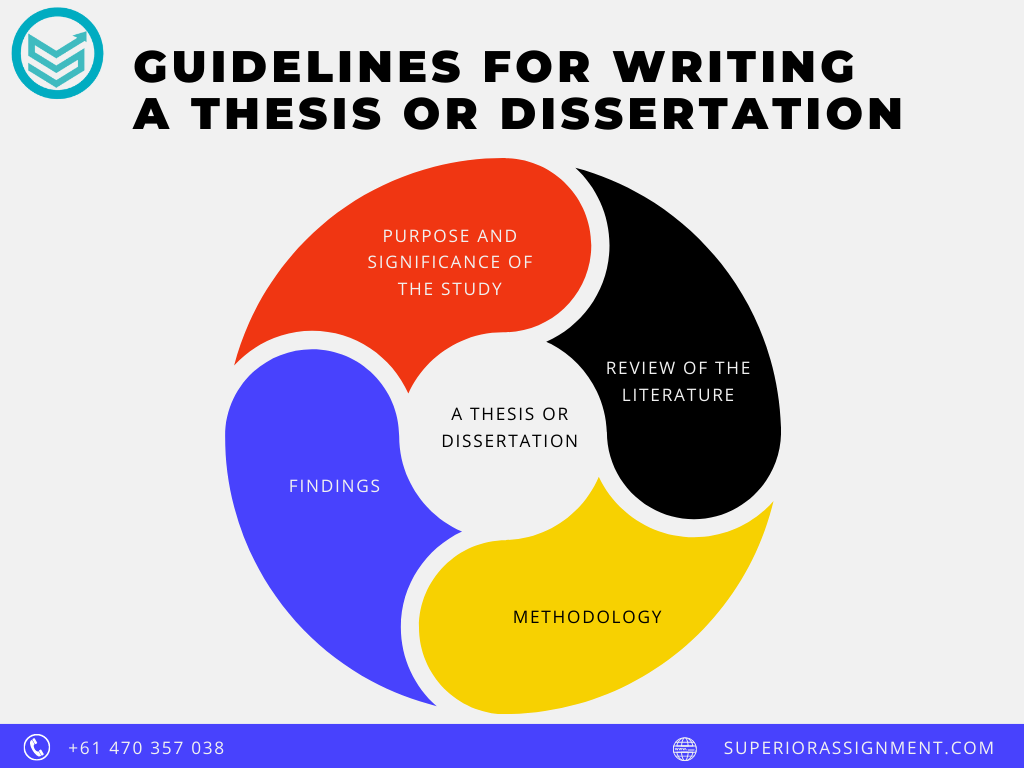How To Write a 3 Point Perfect Thesis Statement
Writing presents a variety of challenges, some greater than others. Most high school and college students who are assigned to write a thesis statement are aware that it typically belongs to the more difficult category of assignments. Knowing how to create a strong thesis statement is the key to creating an excellent essay or research paper, regardless of whether you are an experienced writer who approaches writing projects with pleasure or a failing writer who dreads them.
What Is a Thesis Statement?
A thesis statement is a phrase that summarises the subject and aim of your essay. A strong thesis statement will guide your essay's organization and help your reader understand the concepts you'll be talking about in your article. The central idea of an essay is its thesis statement.
For Example, The finest sandwiches are peanut butter and jelly ones since they are tasty, adaptable, and simple to create. You can see that I express my perspective in this compelling thesis statement (the best kind of sandwich), which indicates that I have taken a position.
The Best Thesis Statement is
The most effective theses are:
Concise: Don't use more words than essential in your thesis statement; keep it short and sweet. In one or two sentences, succinctly state your point.
Controversial: Your thesis shouldn't be a straightforward affirmation of universal truth. A strong thesis statement calls for additional research or analysis to support it.
Coherent: The remainder of your paper must support and elaborate on every point made in your thesis statement.
Developing a thesis statement with three points
A typical thesis statement consists of three basic parts: a topic that has been narrowly defined, a claim, and arguments in support of the assertion. Make sure all three of these aspects are present in your thesis statement if you want it to be effective.
How To Write a 3-Point Perfect Thesis Statement
- Choose a topic and try to be as specific as you can with it. For example, a thesis statement about clothing would be too general. You could specify uniforms, but it is still too general to know specifically what kind of uniforms the essay will examine. An example of a thesis statement with a narrowly defined topic is school uniforms.
- provide a precise statement regarding the subject. In essence, your claim is an opinion or assertion on the subject, but it must be contested rather than evident and socially important rather than purely individual. The statement, "I appreciate school uniforms because they make me feel proud of my school," is unarguable and exclusively applies to you. It is better to argue that school uniforms should be enforced because it is controversial and socially significant.
- Include evidence to back up your claims, which are essentially the "because" portion of your thesis statement. In most essays, a claim needs to be effectively supported with three justifications. Without going into further detail at this time, it is important to precisely state the reasons. Your body paragraphs should contain the specifics and illustrations, not your thesis statement.
As you can see, we've used a variety of terms to describe the angle, including concept, insight, assertion, and argument. Even while you might have slightly varied views when writing for various audiences, all of these angles have one very crucial element in common: they all present your perspective on the subject. In a college essay, it's crucial to express your perspective while supporting it with examples and proof.
Make sure that all of the components of the working thesis for your essay are realistic as you build it by reviewing and analyzing it:
- Exists a concrete thesis statement with a topic and a perspective? It is insufficient to merely rely on an essay topic or essay title.
- Does the angle provide a contested perspective (again, not merely a topic or a factual statement)?
- Does the argument have examples and supporting data?
- Is the angle suitable for the essay's purpose (i.e., not too broad or too narrow)?
- Are the "because clause's" justifications, if any, unambiguous, specific, and connected to the assertion in the angle?




.png)



4.jpg)
